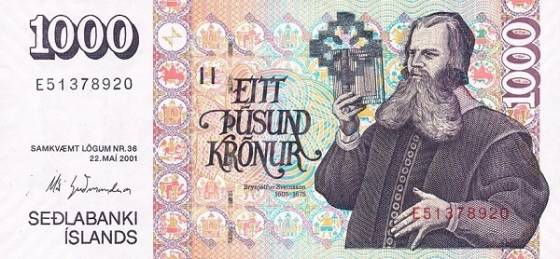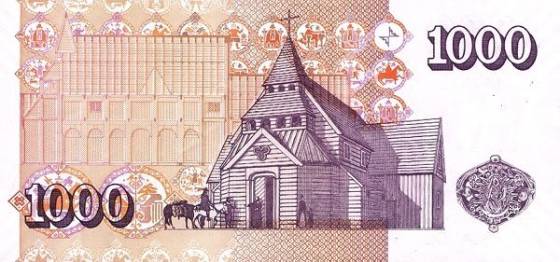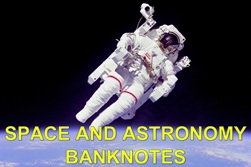Iceland

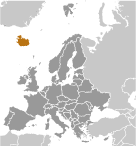 Iceland is a Nordic European island country situated at the confluence of the North Atlantic and Arctic Oceans, on the Mid-Atlantic Ridge. The country has a population of about 320,000 and a total area of 103,000 km2 (40,000 sq mi), which makes it the most sparsely populated country in Europe. The capital and largest city is Reykjavík, with the surrounding areas in the southwestern region of the country being home to two-thirds of the country's population. Iceland is volcanically and geologically active. The interior consists mainly of a plateau characterised by sand and lava fields, mountains and glaciers, while many glacial rivers flow to the sea through the lowlands. Iceland is warmed by the Gulf Stream and has a temperate climate despite a high latitude just outside the Arctic Circle.
Iceland is a Nordic European island country situated at the confluence of the North Atlantic and Arctic Oceans, on the Mid-Atlantic Ridge. The country has a population of about 320,000 and a total area of 103,000 km2 (40,000 sq mi), which makes it the most sparsely populated country in Europe. The capital and largest city is Reykjavík, with the surrounding areas in the southwestern region of the country being home to two-thirds of the country's population. Iceland is volcanically and geologically active. The interior consists mainly of a plateau characterised by sand and lava fields, mountains and glaciers, while many glacial rivers flow to the sea through the lowlands. Iceland is warmed by the Gulf Stream and has a temperate climate despite a high latitude just outside the Arctic Circle.
According to Landnámabók, the settlement of Iceland began in AD 874 when the chieftain Ingólfur Arnarson became the first permanent Norse settler on the island. Others had visited the island earlier and stayed over winter. Over the following centuries, Norsemen settled Iceland, bringing with them thralls of Gaelic origin. From 1262 to 1918, Iceland was part of the Norwegian and later the Danish monarchies. The country became independent in 1918 and a republic was declared in 1944. Until the 20th century, the Icelandic population relied largely on fishing and agriculture, and the country was one of the poorest and least developed in the world. Industrialisation of the fisheries and aid from the Marshall Plan brought prosperity in the years after World War II, and by the 1990s Iceland was one of the world's wealthiest countries. In 1994, Iceland became party to the European Economic Area, which made it possible for the economy to diversify into economic and financial services.
In recent years, Iceland has become one of the wealthiest and most developed nations in the world. In 2011, it was ranked as the 14th most developed country in the world by the United Nations' Human Development Index, and the fourth most productive country per capita. In 2008, the nation's entire banking system systemically failed, resulting in substantial political unrest. Iceland ranks high in economic and political stability, though it is still in the process of recovering from the crisis. Gender equality is highly valued in Iceland. In the Global Gender Gap Report 2012, Iceland holds the top spot, closely followed by Finland, Norway and Sweden.
Icelandic culture is founded upon the nation's Norse heritage. Most Icelanders are descendants of Norse and Gaelic settlers. Icelandic, a North Germanic language, is descended from Old Norse and is closely related to Faroese and some West Norwegian dialects. The country's cultural heritage includes traditional Icelandic cuisine, poetry, and the medieval Icelanders' sagas. Among NATO members, Iceland has the smallest population and is the only one with no standing army. (© wikipedia)
10 Krónur - P48a
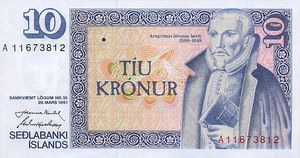
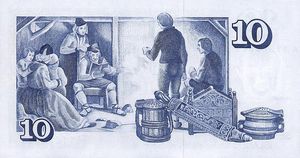
500 Krónur - P58a3
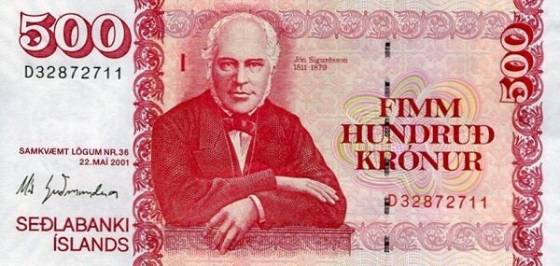
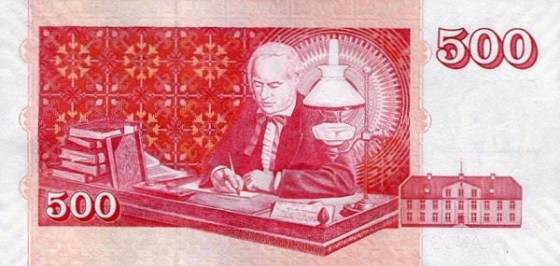
1,000 Krónur - P59a6
